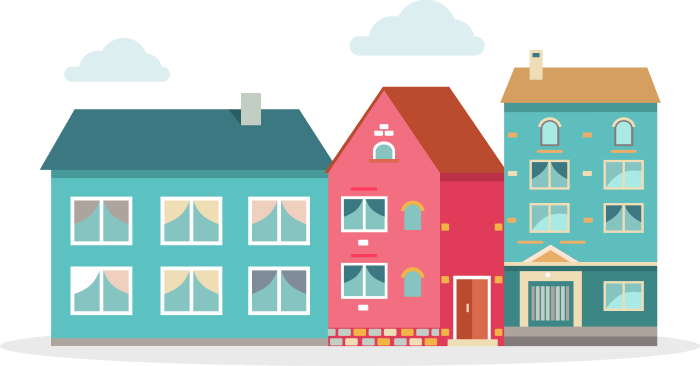Vancouver
We did the research. Find a place to call home.
B+
Quality of Life Score
Vancouver Information
199,884
Total Population
48%
Married Persons
52%
Single Persons

7/10
City Rating
City ratings are often based on a variety of factors including quality of life, economic opportunities, safety, education, and more. A rating of 7 or higher might suggest a city with a relatively high quality of life and desirable living conditions. A rating below 5 might indicate challenges or lower overall satisfaction.
7/10
Overall Value
This is a broader rating that takes into account multiple factors affecting the overall appeal of a city. Ratings above 7 might indicate a highly attractive city, while those below 5 might suggest areas for improvement.
10/10
Density (Population per mile²)
City density refers to the concentration of people living within a city's geographic area. It is typically expressed as the number of residents per square mile or square kilometer. Higher density indicates that more people live in a given area, leading to potentially busier streets, more crowded living conditions, and increased access to amenities and services.
3784
Vancouver
260,000
Reno
City Info
Vancouver, Washington, is the fourth-largest city in the state with a 2025 population near 200,000. Located on the north bank of the Columbia River directly north of Portland, Oregon, Vancouver serves as the county seat of Clark County. The city is part of the Portland-Vancouver metropolitan area, the 25th-largest metro area in the U.S. Vancouver has a rich history dating back to its founding in 1825 as a fur-trading post and incorporation in 1857. The city has experienced steady growth at about 0.87% annually, with a 4.5% population increase since 2020. Vancouver is investing in major development projects in 2025, including the Main Street Promise project to improve downtown accessibility and safety, and the Waterfront Gateway Project to create housing and economic growth opportunities. The city blends historic neighborhoods with new mixed-use developments and offers a mix of urban amenities and natural beauty.
Residence
40% (Homes Rented)

50 Years
Median Home Age
$400,000
Median Home Price
5%
Home Aappreciation Rate
1.1%
Annual Property Tax
Weather
60%
Sun
30%
Rain
10%
snow
Residence
Vancouver features a mix of historic and newer homes, with moderate home prices and steady appreciation. The city enjoys good air quality and a temperate climate. Homeownership is common, but rentals also make up a significant portion of the housing market. The city’s ongoing investments in infrastructure and housing aim to support growth and community well-being.
Community
7
Crime Rate (per 100,000)
Democratic
Political Majority
38
Average Age
Community
Vancouver is a diverse and growing community with a strong sense of history and civic pride. The city supports a variety of cultural and recreational activities and values community engagement. It has a balanced demographic profile with a median age of 37.5 years and an average household income around $100,906, alongside an 11% poverty rate.
Locale

Occupation
30%
Management, Business, Art & Sciences
25%
Sales & Office Occupations
20%
Service Occupations
15%
Production, Transportation & Material Moving
10%
Natural Resources, Construction & Maintenance
Education
1:16
Student Teacher Ratio
30%
High School Diploma
30%
Some College or Associates Degree
25%
Bachelors Degree
10%
Graduate or Professional Degree
Locale
Vancouver offers a blend of urban living and natural beauty, with access to parks, cultural venues, and the Columbia River. The city benefits from proximity to Portland’s economy while maintaining its own growing business base. Education and economic development are priorities, supporting a skilled and diverse workforce.
Transit
27%
Public Transportation
70%
Car
10%
Carpool
10%
Work At Home
Transit
Vancouver relies primarily on personal vehicles, with moderate public transit options including buses connecting to Portland and surrounding areas. Commute times are close to the national average. The city is investing in transit improvements to enhance connectivity and reduce congestion.


